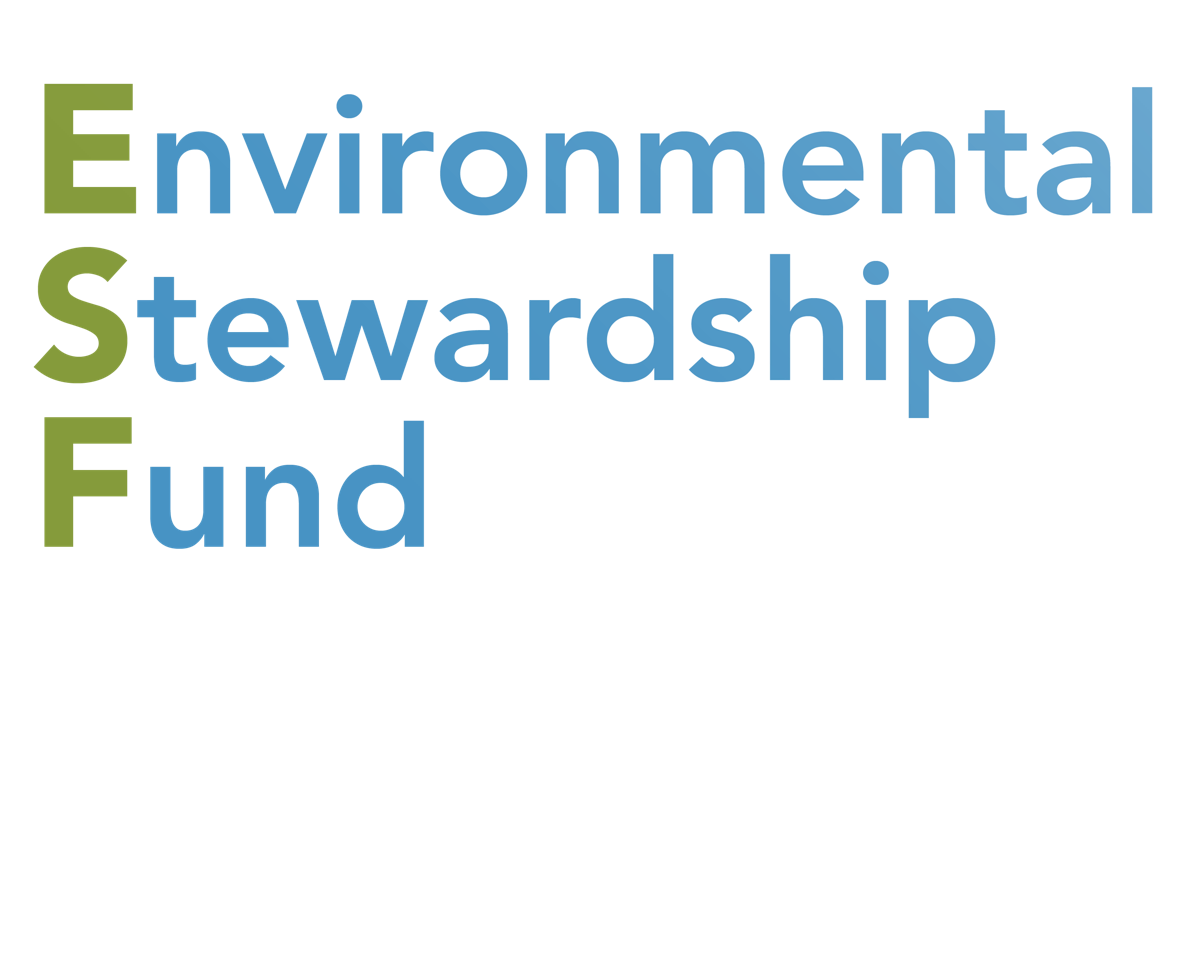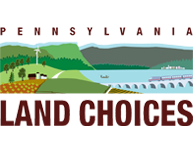Time Constraint
Please consider the time limitations in designing your proposal. The Saturday sessions are all 90 minutes long. There are roughly 27 Saturday workshop slots available. Keep in mind that 90 minutes is a limited time period to delve sufficiently into content areas. We encourage one to three speakers per workshop. We will grant ONE lead speaker free registration for Saturday. If you are interested in submitting a proposal that would include more than three speakers, please contact Nicole Faraguna at 717-909-1298 to discuss.
Thursday and Friday are dedicated to a handful of seminars that are three hours in length or longer; available slots are extremely limited. If you are interested in leading a Thursday or Friday seminar, please email Nicole Faraguna or phone 717-909-1298 before completing your proposal.
What Are You Expecting From Your Audience?
Consider including a “prerequisite” or a “disclaimer” in your final course description to convey the level of experience you are expecting people to bring to your workshop. Below are a few examples:
- “Workshop participants need to have been significantly involved in drafting/negotiating several conservation easements.”
- “This workshop is designed for people who have never been involved in a capital campaign.”
- “Workshop participants should have a legal background or be familiar with IRC 170(h).”
- “This workshop will be most beneficial to land trusts with $250,000+ operating budgets.”
What Will Attendees Learn at Your Workshop?
As you draft your final outline and design your presentation, write down at least one thing you want people to learn from your session. Everything in your workshop should lead toward that goal. Here are a few examples of workshop objectives:
- “To better identify conservation easement language that could be misinterpreted.”
- “To identify the most important steps to take before contacting a potential major donor.”
- “To learn how everyone in the room communicates with second-generation landowners.”
Workshop vs. Roundtable
Most of the time, workshops will consist of a lecture followed by (or interspersed with) questions and answers. Some workshops will consist of panel discussions. A roundtable is a significantly different forum. If you are a presenter for a roundtable, a more accurate title for you is “facilitator,” since you will introduce the topic, pose possible questions for the group to consider and then facilitate the discussion.






